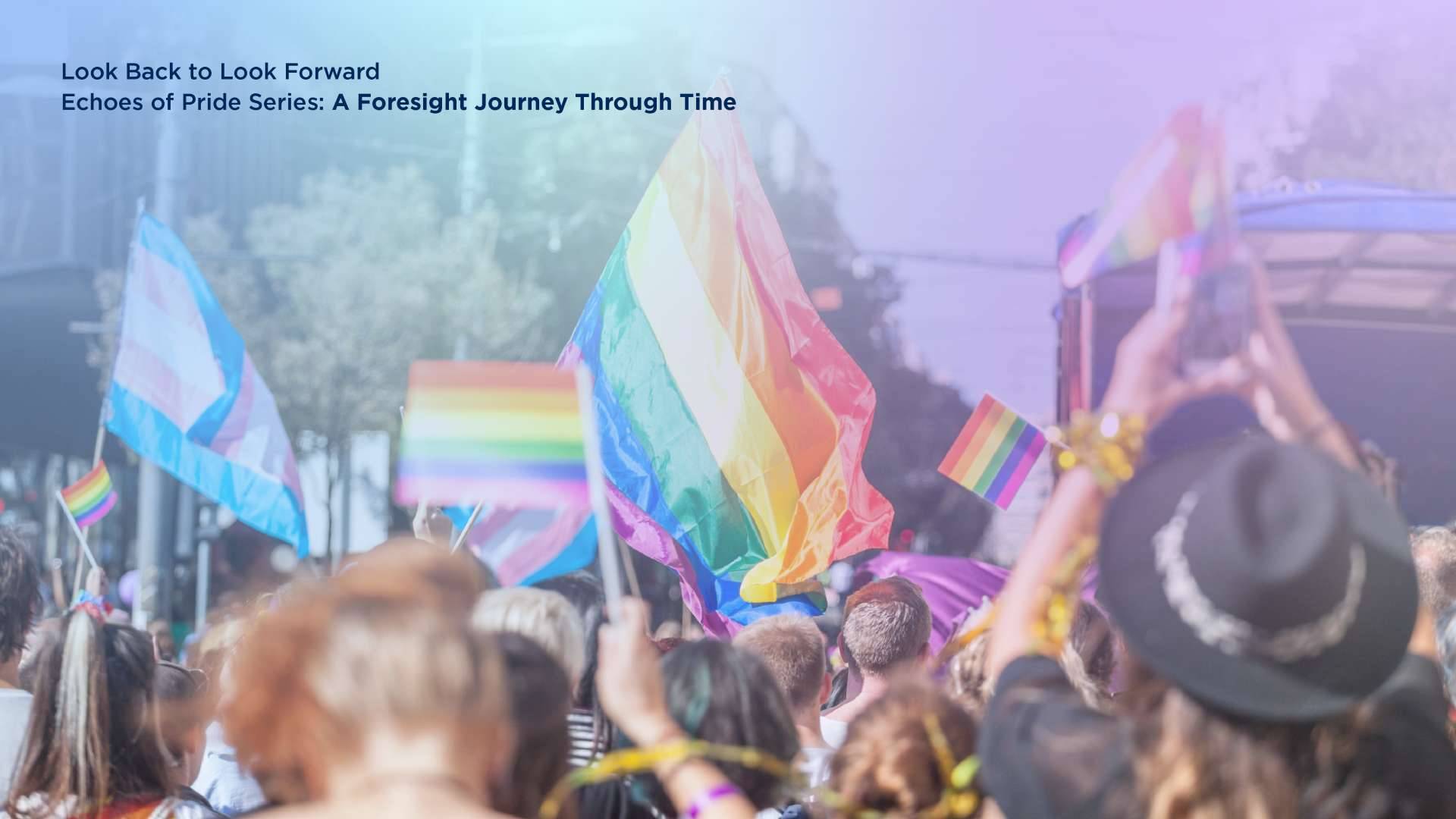
Is Social Jetlag Making You Depressed?
ARTICLES | Mar 06, 2022
Research shows that depression sometimes stems from social jetlag. How can we avoid this danger
Jetlag comes from flying between time zones. We have to adjust to the new local time, which disturbs our sleep, makes us tired and moody, and causes indigestion. Fortunately, most symptoms go away in a few days when the body adapts.
But if we have to change time for socializing or for working night shifts, adjusting may be harder. We may face social jetlag. Our health is at risk because our life clock has to keep adjusting. Our body can’t find a perfect fit. Our mood might not stabilize enough for working or living efficiently. Our overall mental health might suffer. Our energy might be always too high or too low. In the end, we can become depressed.
Implications for the future
- Natural light affects us more than we think. We may need to adjust our daily habits to better match sunlight. Working against natural principles may gradually vanish when humans target holistic well-being.
- Teleworking may help reduce social-mediated jetlag and reduce the number of people with mental health problems.
Information: Rantala, M. J. et al. (2021) Bipolar disorder: An evolutionary psychoneuroimmunological approach. Neuroscience and biobehavioral reviews. 12228–37, https://my.clevelandclinic.org/health/diseases/12781-jet-lag
Discover more about us at www.futuretaleslab.com or follow us at https://www.blockdit.com/pages/6184ec3b07f0660cad381cf9











